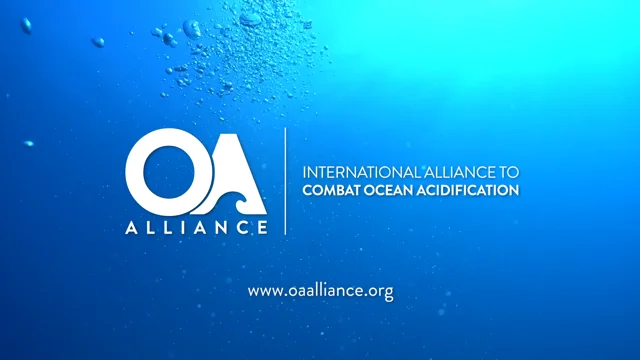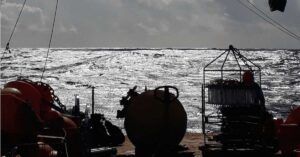International Alliance to Combat Ocean Acidification's Commitment
Increasingly, OA must become a cross cutting issue embedded across climate, ocean and marine science priorities, opportunities, and actions. Advancing domestic OA action will inform better decision making for achieving mitigation, adaptation, and resilience goals.
By joining the OA Alliance and endorsing the Call to Action, members commit to creating a unique OA Action Plan.
OA Action Plans help governments: take inventory; prioritize needs and make recommendations; and align policies and investments in the face of climate-ocean change. This is especially important for achieving climate resilient fisheries and aquaculture, climatesmart conservation, coastal resilience and habitat restoration, effective upgrades of infrastructure, and evaluation of marine carbon dioxide removal strategies.
OA Action Plans call forth renewed ambition to realize mitigation and adaptation targets already in place across the United Nations Framework Convention on Climate Change (UNFCCC) and deliver on Sustainable Development Goal 14.3, “to minimize and address
ocean acidification.” Additionally, OA Action Plans help prioritize science, policy, and funding needs across the UN SDG 14 and the UN Decade of Ocean Science for Sustainability.
The OA Alliance has committed to support the creation of 10 National OA Action Plans by UN Ocean Conference 2025.
Additionally, the OA Alliance has committed to engaging subnational, Tribal, First Nation and regional governments. This will ensure a diversity of information generators and end-users can provide direct feedback about what kinds of “knowledge to action” channels are most useful for developing and implementing OA Action Plans domestically.
Relevant OARS outcomes
Outcome 2: Science to Action
Outcome 7: Policy Engagement
Ocean Basin
Global




